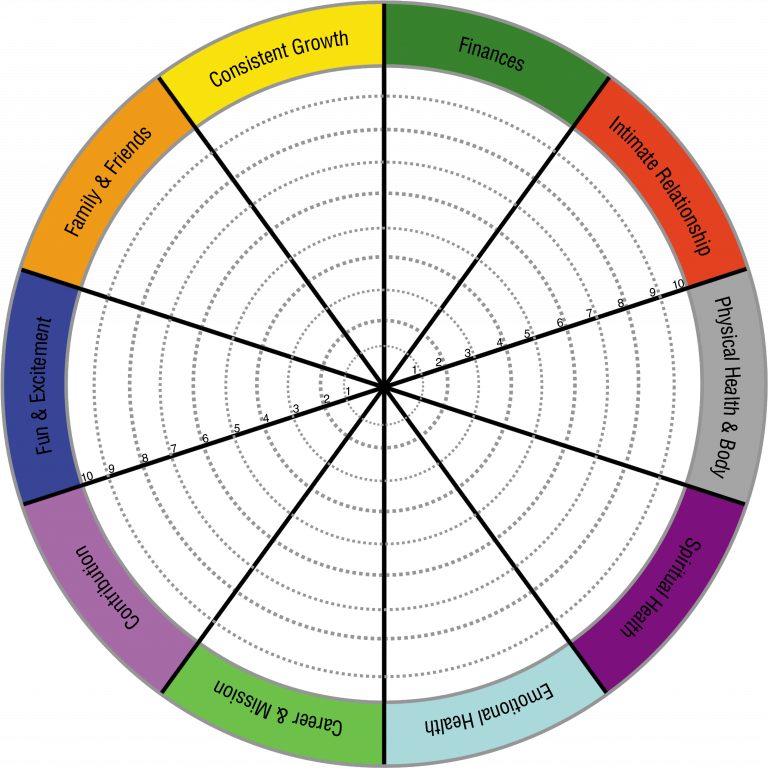Psychology of Self-Sabotage in Relationships: Why We Push Love Away?
In relationships, self-sabotage behavior stems from fear, past traumas, or limiting beliefs about worthiness and love. Christina Steinhoff points out that self-sabotage in relationships in Dubai often becomes more pronounced in the city’s fast-paced environment, where stress and societal pressures amplify insecurities.
Common signs of self-sabotage include:
Overanalyzing your partner’s actions.
Avoiding intimacy or emotional vulnerability.
Starting conflicts to test your partner’s commitment.
Dismissing genuine affection as insincere.
Why Do We Push Love Away?
Fear of Vulnerability
Allowing someone to see your true self can feel intimidating. Christina Steinhoff explains that many individuals fear rejection or judgment, so they shield themselves by keeping others...




